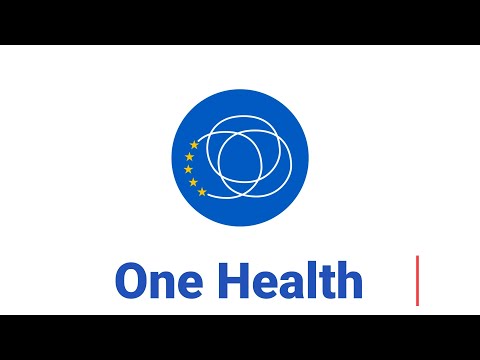One Health

One Health is a multi-sectoral approach that aims to balance and optimise the health of people, animals, plants, and their shared environment, recognising their interconnection.
By promoting joint actions, One Health brings together professionals from various disciplines to tackle complex health threats in an integrated manner.
ECDC's work
ECDC aims to foster collaboration across sectors, mandates, and borders, with the overarching aim to enhance and develop the interoperability and coordination of existing efforts within the prevention and control of communicable diseases.
The One Health approach can reduce the incidence and societal costs of disease outbreaks, and potentially prevent their emergence, contributing to health security.
Through its One Health Framework, ECDC’s ambition is to link its activities with One Health commitments at the EU level, as well as support the implementation of One Health approaches in the Member States.
Examples of issues benefiting from a One Health approach include:
-
Climate change and vector-borne diseases: increasing temperatures can favour the spread of invasive mosquitos potentially carrying pathogens causing diseases, such as dengue and chikungunya, further into Europe.
-
Food- and waterborne diseases: bacteria such as Campylobacter, Yersinia, E. coli, and Listeria can contaminate the food chain. Consuming contaminated food or drinking water can make people sick.
-
Antimicrobial resistance: resistant germs can be transmitted between animals and people, persisting and evolving within the environment, making it more difficult to treat infections.
Collaboration with other EU agencies
One Health requires an increase in coordination across sectors at all levels. ECDC has long-standing collaboration with other EU agencies, such as the European Food Safety Authority (EFSA) or the European Medicines Agency (EMA), in their areas of mutual interest, including antimicrobial resistance and zoonoses.
In the spirit of One Health, ECDC, EFSA, EMA, the European Environment Agency (EEA), and the European Chemicals Agency (ECHA) are committed to increasing their collaboration to support the One Health agenda in the European Union.









